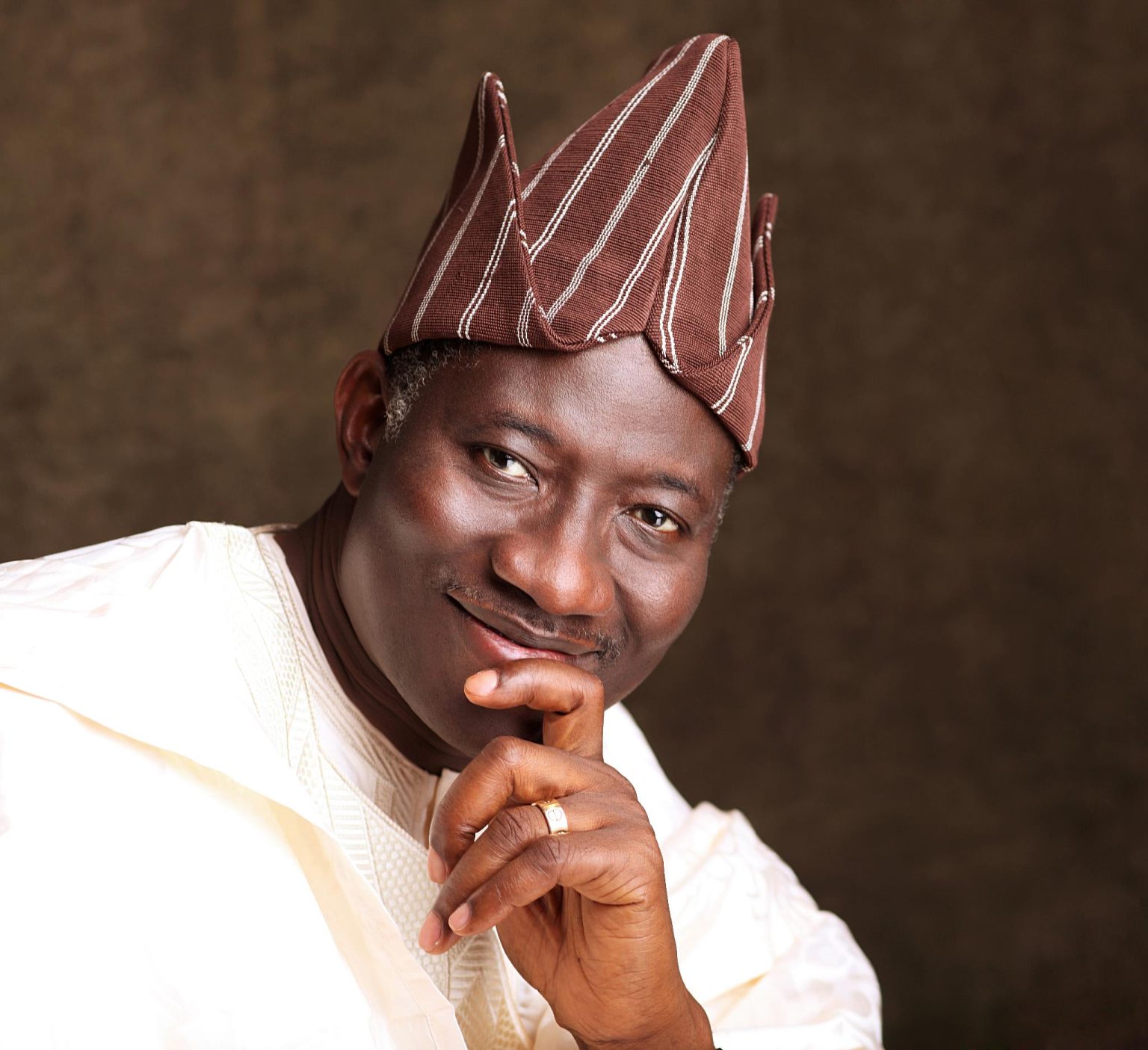The Nigerian political landscape is embroiled in a contentious power struggle, with accusations of manipulation and regional bias dominating the discourse. Dumebi Kachikwu, the 2023 presidential candidate of the African Democratic Congress (ADC), has leveled serious allegations against northern political elites, claiming they are maneuvering to undermine southern presidential aspirants in the 2027 elections. Kachikwu alleges that these elites are promoting former President Goodluck Jonathan’s potential candidacy to diminish the chances of prominent southern figures like President Bola Tinubu and Labour Party’s Peter Obi. This alleged manipulation underscores the deep-seated regional and ethnic tensions that continue to shape Nigerian politics.
Kachikwu further alleges that Peter Obi was advised by figures within the ADC coalition to accept a vice-presidential position under Atiku Abubakar, the Peoples Democratic Party’s (PDP) 2023 presidential candidate, due to his perceived inability to secure northern votes as an Igbo man. This claim highlights the persistent influence of ethnic identity in Nigerian politics and the challenges faced by candidates from certain regions in garnering nationwide support. Kachikwu’s allegations extend to a purported takeover of the ADC by former Senate President David Mark and ex-Minister of Interior Rauf Aregbesola, allegedly orchestrated to bolster Atiku’s presidential ambitions. He claims to have submitted petitions to law enforcement agencies regarding this alleged unlawful takeover, signaling a deepening rift within the opposition ranks.
The ADC, initially conceived as a platform for a coalition of opposition leaders to challenge President Tinubu, is now facing internal divisions, particularly along regional lines. Prominent figures within the coalition, including Obi and former APC presidential aspirant Rotimi Amaechi, are reportedly facing difficulties gaining traction in the North, further complicating the already complex dynamics within the opposition. These divisions underscore the challenges in forming a united front against the ruling party and the continued dominance of regional considerations in political alliances. The backdrop of these power struggles is the ongoing criticism of President Tinubu’s administration by northern leaders, who attribute the region’s challenges to his policies. This criticism adds another layer to the political tensions and contributes to the narrative of North-South rivalry that Kachikwu’s allegations highlight.
Kachikwu’s accusations have been met with strong denials from Atiku Abubakar’s camp. Paul Ibe, Atiku’s media aide, dismisses Kachikwu as an agent of the ruling All Progressives Congress (APC) attempting to discredit the opposition. He portrays Atiku as a detribalized Nigerian committed to national unity and dismisses the allegations as fabricated lies designed to destroy opposition platforms. Ibe insists that Atiku’s primary concern is the hardship faced by Nigerians under the Tinubu administration, framing him as a champion of democracy and choice against a perceived one-party dictatorship.
The escalating war of words between Kachikwu and Atiku’s camp further exposes the deep fissures within the Nigerian political landscape. Kachikwu contends that Atiku does not believe any southerner deserves to be president, citing former Presidents Obasanjo and Jonathan as examples. He alleges that Atiku’s camp deliberately perpetrated fraud in their efforts to hijack the ADC, presenting a term of settlement from a Court of Appeal judgment as evidence. These allegations add to the narrative of political maneuvering and manipulation that characterizes Kachikwu’s account of the current political climate.
The contrasting narratives presented by Kachikwu and Atiku’s spokesperson highlight the challenges in discerning truth amidst political posturing. Kachikwu paints a picture of a calculated strategy by northern elites to maintain their grip on power, utilizing regional and ethnic divisions to their advantage. Conversely, Atiku’s camp presents him as a unifying figure committed to rescuing Nigeria from its current challenges, dismissing Kachikwu’s allegations as politically motivated attacks. The ADC itself, through its National Publicity Secretary, Bolaji Abdullahi, maintains that the party’s constitution remains intact and the coalition is united, urging anyone with proof of constitutional violations to come forward. This complex interplay of accusations and denials creates a confusing landscape for Nigerian citizens as they navigate the political landscape.


